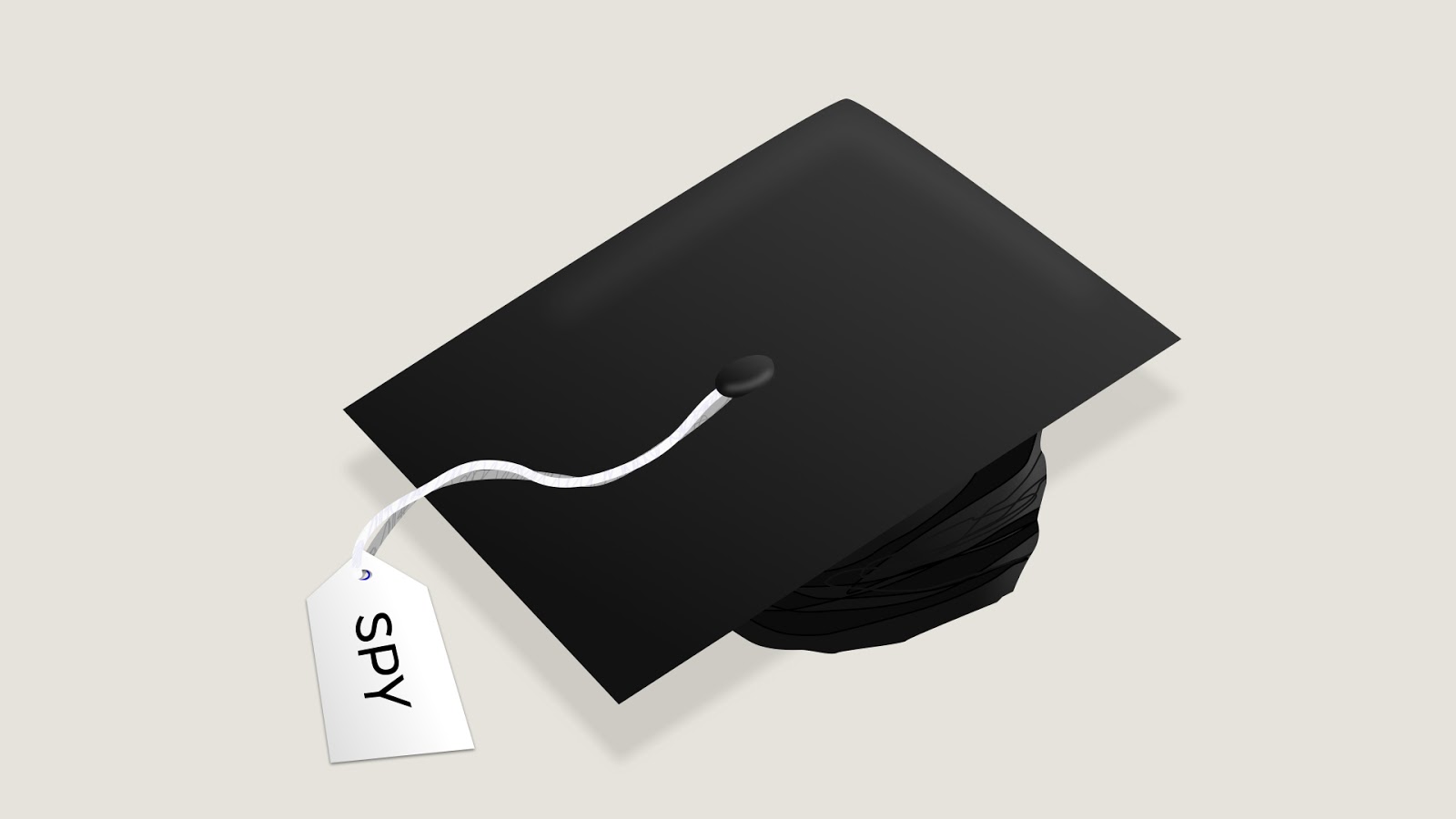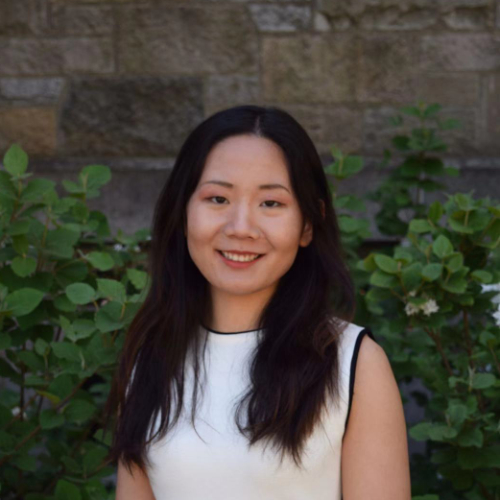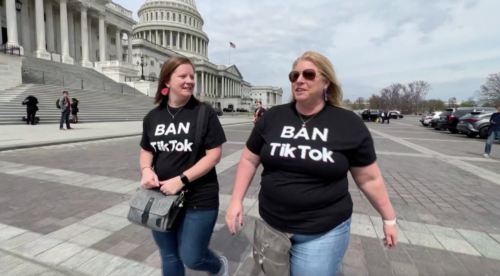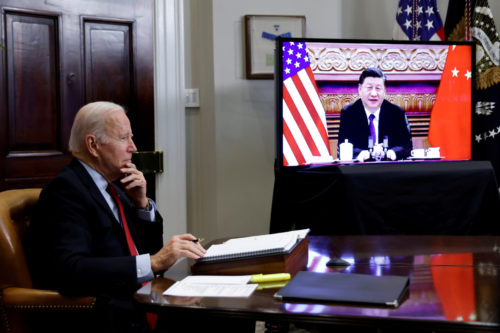Having spent two years in Colorado Springs, the playground for pro-Trump evangelical Christians, Angelina Chen is no stranger to hearing outbursts of “Go back to your country” directed at her and her Asian-looking friends from passing cars. But the undergraduate at Colorado College still sensed something different brewing in the air since the pandemic started. She felt the glares of more people and heard more murmurs upon entering non-Asian grocery stores. Going downtown for her internship was cause for fear that she would be targeted. She also suspected that people treated her differently once they realized she was from China.
In a tense environment like this, classes going remote was almost a blessing for Chen, as it minimized her contact with people and relieved part of her anxiety. But it did not help the growing atmosphere of hostility resulting from the increasing tension between Chen’s home country and her adopted host country.
While staying sheltered in her small apartment in Colorado, Chen experienced the scare triggered by the U.S. Immigration and Customs Enforcement (ICE) policy that would compel her to leave the country if her semester classes were fully online, and the temporary relief at the withdrawal of the order (ICE rescinded its original policy after Harvard and MIT filed lawsuits against it). When President Trump repeatedly threatened to ban TikTok and WeChat, she witnessed friends on WeChat posting alternative methods of contact. Most recently, the U.S. revoked the visas of 1,000 Chinese students and researchers deemed security risks.
Along with nearly 370,000 Chinese students in the U.S., who already were concerned about the travel ban that prohibited travelers directly from China and anti-Chinese sentiment tied to the pandemic, Chen has seen the relationship between China and the U.S. deteriorate more rapidly than she could have imagined, and felt the growing weight of bilateral conflict on her shoulders.
“Everything has changed so fast,” Chen said. “I really didn’t know how to face all of it.”
Students seek alternatives to the U.S.
In the past few months, Chinese students in America have experienced a range of emotions — anger, disappointment, displacement, pessimism, and even panic. Most of all was a reluctance to be caught in the crosshairs of the U.S.-China rivalry, and a practical reaction to seek alternative countries in which to work or study.
Kuiye Du, an economics student at Boston College, believed that revoking student visas was the U.S. government’s move to “show muscle” to China and that it “would rather kill a thousand by mistake than let one go” (宁可错杀一千,不肯放过一个 níngkě cuòshā yīqiān, búkěn fàngguò yīgè).
“It just feels like our rights as international students have become the bargaining chips in the hands of the American government,” Du said. “I can’t imagine what I would do if I had encountered something like this.”
But the pressure does not just come from the U.S. Du described how, as an international student, he didn’t feel accepted by either China or the U.S. “You’re considered an outsider on both sides. Even back in China, they don’t see you as ‘one of them,’” he said. “You’re isolated as a separate group, and it’s hard to find your position.”
Despite wanting to stay in the U.S. for future professional development, Du is seeking opportunities in the Netherlands and Germany, in case policies for him to obtain a U.S. work visa tighten in the future.
Chinese college graduates have already encountered difficulties staying in the U.S. Youguo Jiang, a professor of philosophy at Boston College with close connections to Chinese international students, said that since March, he has been providing consultation and advice to an average of 10 worried students and parents per day. Incoming students from China and recent graduates were among the most affected, Jiang explained.
According to Jiang, due to grim economic realities, U.S. companies were less inclined to hire international students. So those with expiring legal status had to return to China, hastily bidding farewell to friends, as they feared they would not be able to come back to the U.S. in the near future. Incoming students were also deterred by the travel ban and possible future restrictions on Chinese students’ visas, therefore pivoting to schools in England, Canada, and Australia.
One prospective Ph.D. student staying away from the U.S. is Qiqi Xiao, a sociology master’s degree student in Canada. Originally planning to apply for a Ph.D. program in the U.S. this year, she has postponed her plans indefinitely due to the uncertainties Chinese students face in the U.S.
“Given the current China-U.S. relations, I don’t know if I went to the U.S., I would be able to live there for a long and stable period and do the work I like,” Xiao said.
She also recalled the panic the now-rescinded ICE policy had stimulated among international students. “If big universities were not to provide protection,” Xiao said, “individuals really [would have] had little to no power over their situation.”
“It’s kind of hopeless for individuals”
The feelings of powerlessness are echoed by other students. Iris Li, an undergraduate student at Emory University, went back to China at the beginning of the pandemic. She has decided to stay there for the semester. Li said she was “incredibly scared” when she heard Trump started calling the coronavirus the “China virus,” and lived in “constant fear” that she would not be able to finish her study on site, since the pandemic is still rampant in the U.S. But she held a glimmer of hope that her humanities major would make her less of a target by the U.S. government.
Li’s friend, who studies computer science, was not so lucky. On September 9, Li received a photo of her friend’s defaced apartment door at Rice University, with the word “spy” written on it. “I don’t think her neighbors knew she studied computer science,” Li said.

“I feel like it is very rare that things like this happen,” she added. “But it certainly was made possible because of Trump’s blaming.”
President Trump had reportedly claimed at a dinner party in 2018 that “almost every student that comes over” to the U.S. from China “is a spy.” Around the same time, the FBI ramped up its efforts to root out Chinese scientists who were suspected of stealing research from American laboratories.
“I’m kind of pessimistic about what we can do, because I feel like if people really hate you, they’re going to go out of their way to try to make you suffer,” Li said. “I told my friend that speaking up would help so that the community can make sure it won’t happen again. But it’s kind of hopeless for individuals.”
As some students flee the U.S., others choose to fight
While many Chinese students are silently bearing their concerns and carrying on with their lives in the U.S., some believed there was something to be done. Chen was one of them. She wanted to make sense of her experiences by doing an internship with Justice Is Global, an advocacy group based in Chicago.
Over six weeks, Chen and 11 volunteers participated in a weekly phone bank and talked to over 100 Democratic and Independent voters from Michigan and Pennsylvania. The deep canvass project (see the related report, Averting a New Cold War) aimed to develop a narrative that can counter the growing anti-China sentiment among average Americans. During the phone conversation, Chen asked voters about their situations in the pandemic, their feelings about China’s role, and whether they believed the U.S. should cooperate more with China.
“The anti-China sentiment people have because of Trump’s China bashing isn’t deep-rooted. They are very surface-leveled,” Chen observed. “Once I started telling them about my personal stories of worrying about family members in China or being attacked in stores, and the ways China and the U.S. can cooperate, they didn’t really hold on to stereotypes.”
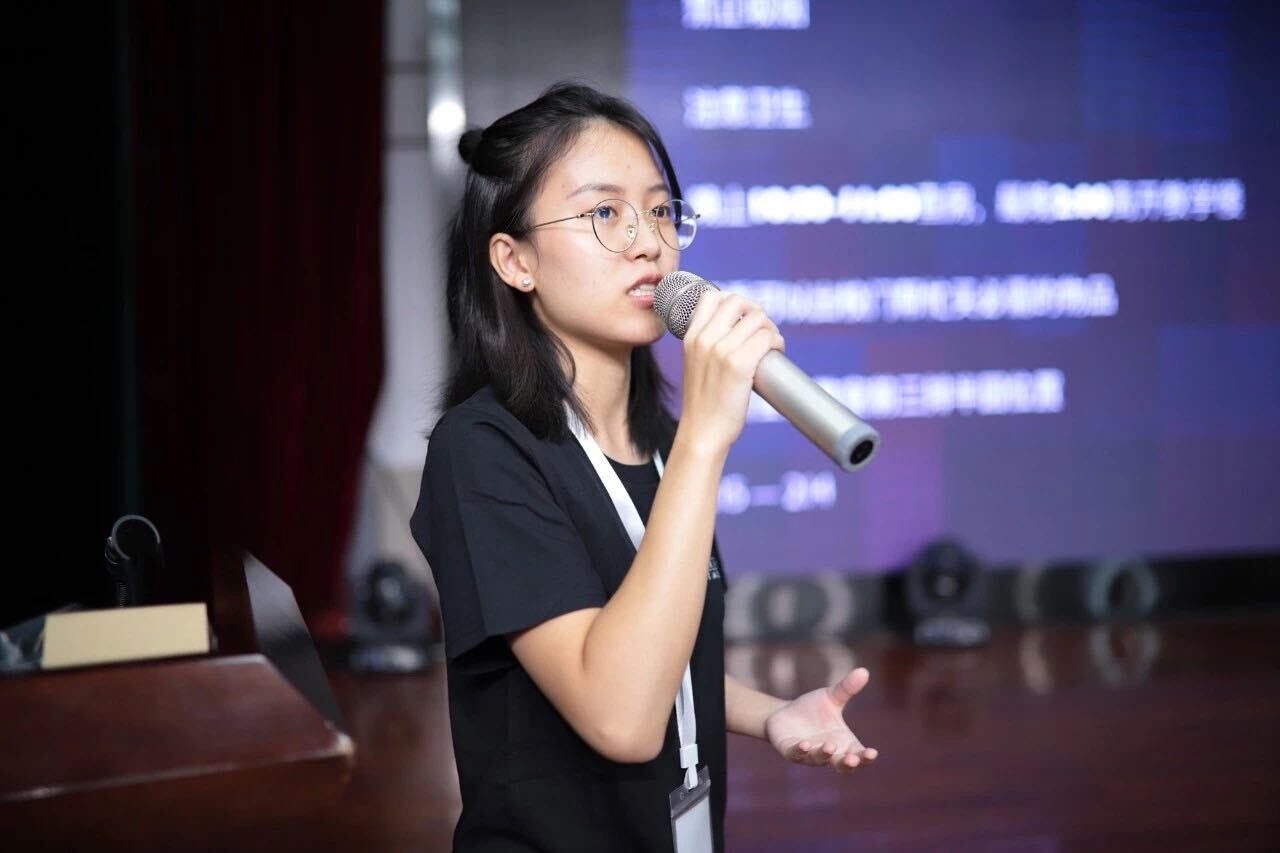
As the only Chinese national on the canvassing team, the experience felt especially personal and refreshing to Chen. “Chinese students should own their space and speak up,” she said. “There’s space for us to participate in the process of narrative building, at least starting dialogues in our community about our presence, about the misunderstandings, antagonism, and even just neglect about Chinese students.”
Zijian Tan, a Chinese master’s degree student and union representative at New York University (NYU), drafted a proposal with several other union members, calling the Trump administration’s “atrocious order of visa revocation” as a sign of Sinophobia and racism and demanding the institution push back against it. The initiation started after graduate union members noticed a handful of NYU students on a self-report spreadsheet following the visa revocation.
Among eight points of demands, the draft email urged NYU to become a “sanctuary campus” under Trump by ensuring funding, relief grant, housing, and OPT options, and providing mechanisms to respond to anti-immigration policies for international students.
“The bigger trend is not looking good”
With the current administration demanding tougher policies on China, many have looked to higher-education institutions to protect the rights of Chinese students. In 2019, leaders from Berkeley, Yale, Stanford, Columbia, MIT, and a few others issued strong public statements, reaffirming support for international students and scholars and for the principles of open academic exchange. But Jiang argues that it is not enough.
“If we invite a student or a scholar over to our university for a core research, the university should have a layer of scrutiny to determine if something can be disclosed or not…so that it doesn’t violate government guidelines,” he said. “Institutions must also take real actions to protect international students and provide enough care and space for them.”
Leading up to the presidential election, China will continue to be a heated talking point for both parties. Whether a change of leadership in the White House will lead to a new outlook on the U.S.’s China strategy remains to be seen. At least now, Chinese students have a hard time staying optimistic as both countries march forth on the path to confrontation.
“The bigger trend is not looking good,” said Chen. She has poured her energy into organizing projects related to U.S.-China relations as well as domestic social justice issues. But she felt like she was stuck in the political quagmire that is distinctly American. “The deep-rooted problems in American society make me super disappointed,” she said, explaining that she might not want to stay in the U.S. in the future. “I think maintaining some distance from the U.S. will be more beneficial to my well-being and my engagement in advocacy work.”
